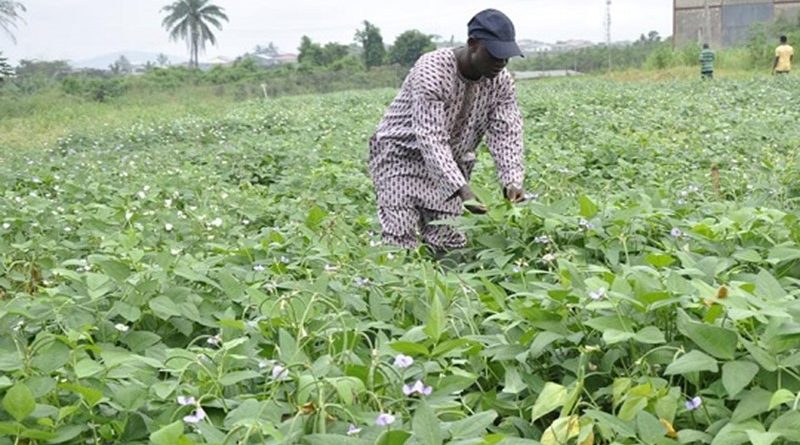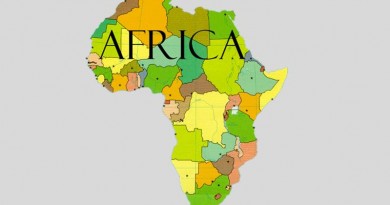CBIIL deploys digital tools to connect farmers to agriculture value chain
Africa’s most populous country and largest economy faces rising food insecurity as a combination of a mostly informal agriculture sector and growing population puts pressure on the country’s food resources.
According to the World Bank’s development indicators, food insecurity increased from 6% of the Nigerian population in 2007 to 13.4% in 2017.
The agriculture sector is the largest contributor to the Nigerian economy and employs two-thirds of its workforce. However, according to the UN’s Food and Agriculture Organisation, food production in Nigeria is undermined by a number of factors, among them poor planting material and insufficient use of fertiliser, leading to a growing reliance on food imports.
In support of smallholder farmers and improved food security in Nigeria, the Convention on Business Integrity’s for-profit arm, CBi Innovations Limited (CBiIL) has chosen the SAP Rural Sourcing Management solution to support 850 000 small maize producers and integrate them into the agricultural value chains.
Pedro Guerreiro, Managing Director: Central Africa at SAP, says support of smallholder farmers in Nigeria will provide greater food security while also empowering farmers and other players in the agri value chain to unlock greater economic opportunities.
“Smallholder farmers cultivate plots that are on average 2ha in size, and earn less than $1,000 a year,” says Guerreiro. “We believe that by equipping them with better information and providing access to more suppliers and greater selling opportunities, we can improve smallholder farmers’ productivity and output. This will have the dual benefit of greater food security as well as improved economic opportunities for the farmers, who typically support multiple family members with the money raised from selling their produce.”
The SAP Rural Sourcing Management solution includes a mobile application that enables better tracking and collecting of data related to farms, crops, farmers and produce sales. Before it was launched as a standard solution in 2017, it was piloted in partnership with the German Federal Ministry for Economic Cooperation and Development (BMZ).
The solution has been used by governments and large agri producers across Africa to better track and manage crop outputs and give smallholder farmers improved access to information, market data and selling opportunities across the agri value chain.
According to CBiIL CEO Soji Apampa, CBiIL is already working with Nestle Nigeria to build an ecosystem of young maize agripreneurs in partnership with AGRA, and this new opportunity will accelerate plans to meet set goals of empowering maize farmers in the region leveraging technology.
CBiIL has also trained hundreds of Community Livelihoods Information Field Entrepreneurs (LIFE) Agents, young unemployed graduates that are recruited from the communities in which they will serve.
“By deploying the Community LIFE Agents kitted out with devices running SAP Rural Sourcing Management, CBiIL will enable effective and efficient aggregation of smallholder producers in ways that support predictability of volumes and quality of production. Data aggregation is a key component of this service and we leverage technology to achieve every milestone along the chain,” says Apampa.
The design is for each LIFE agent to support between 50 and 100 smallholder farmers equipped with an Android device on which various applications are installed to facilitate various streams of business to support the village level eco-system.
They will receive commission on the products and services (inputs, telephone credit, banking, extension support and more) they provide to farmers, as well as a premium based on the productivity growth of each of the farmers with whom they work.
Cathy Smith, Managing Director for SAP Africa, says the project marks another milestone in SAP Africa’s commitment toward achieving the UN Sustainable Development Goals, in particular Goals 1 (No Poverty) and 2 (Zero Hunger).
“Through our efforts to building greater food security, we also provide additional value to stakeholders across the agri value chain by improving access to sustainably sourced rural produce. The success of this project may also serve as a template for similar projects elsewhere in Africa. With 60% of all jobs in Africa currently in the agriculture sector and an estimated 250 million smallholder farmers, any impact we make here has the potential of bringing significant benefits to local communities, industries and the economy as a whole.”




